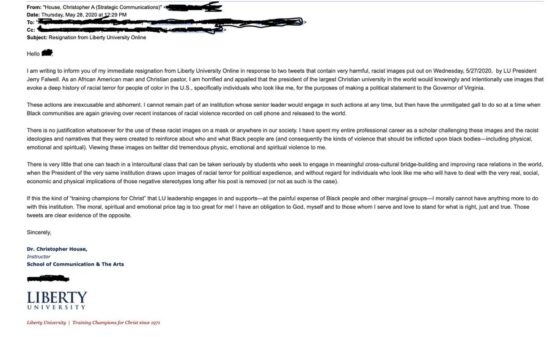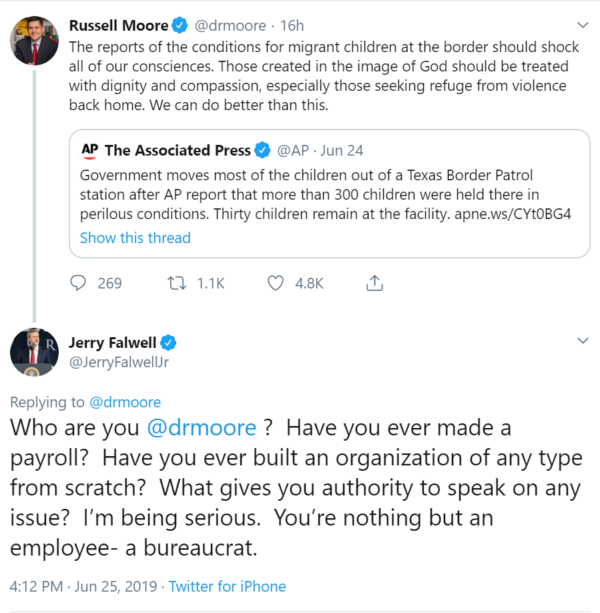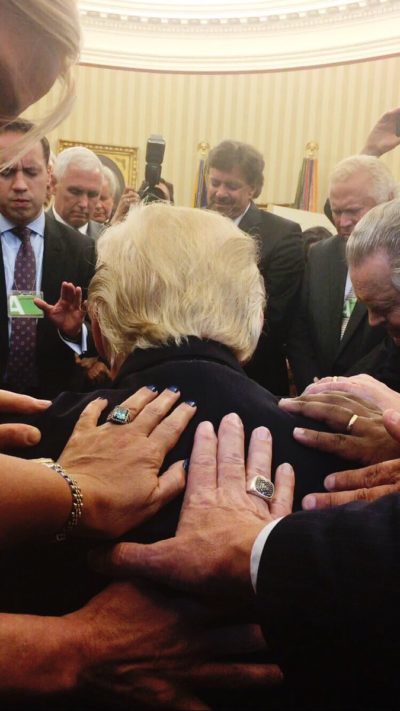Two days ago I wrote about Jerry Falwell’s facemask design using a blackface and KKK photo. An online professor resigned over it. Now, a student at Liberty University has written Falwell an open letter of protest. Rather than comment extensively, I will post his tweet here:
I (Micah Trostle) wrote this letter to my school President, Jerry Falwell Jr, whom I have been burdened by his inappropriate racial, sexual, and political behavior. As a member of Liberty's student body, it is my duty to step up and share my concerns. #jerryfalwelljr #liberty pic.twitter.com/gNAQoIsRfR
— trostlefilms (@trostlefilms) May 30, 2020
The letter is a little hard to read for older eyes so you can see a larger version by clicking this link.
The nation is tearing itself apart and Jerry Falwell thinks it is appropriate to use painful racist images to make some lame political point. This isn’t getting much press because the riots, COVID, and Donald Trump allow no time for anything else. However, I suspect a majority of Liberty students would agree with Mr. Trostle.
UPDATE:
Falwell is doubling down with some head scratching reasoning.
People have asked why I won’t apologize for reminding people of the @vagovernor racist past in a recent tweet. It’s because that same Gov just ended tuition assistance grants for the 27% of @LibertyU online students who are African-American! Put your$ where your mouth is Gov. Sad
— Jerry Falwell (@JerryFalwellJr) June 1, 2020
I plan to check into the facts but I doubt that Gov. Northam picked out Liberty U’s African-American online students to target. In any case, Falwell sounds like a child – he won’t apologize because of something someone else did. If you take a look at the comments on the tweet, he getting — as the kids say — ratioed.
Here is a balanced article on the online funding issue from Inside Higher Education.




